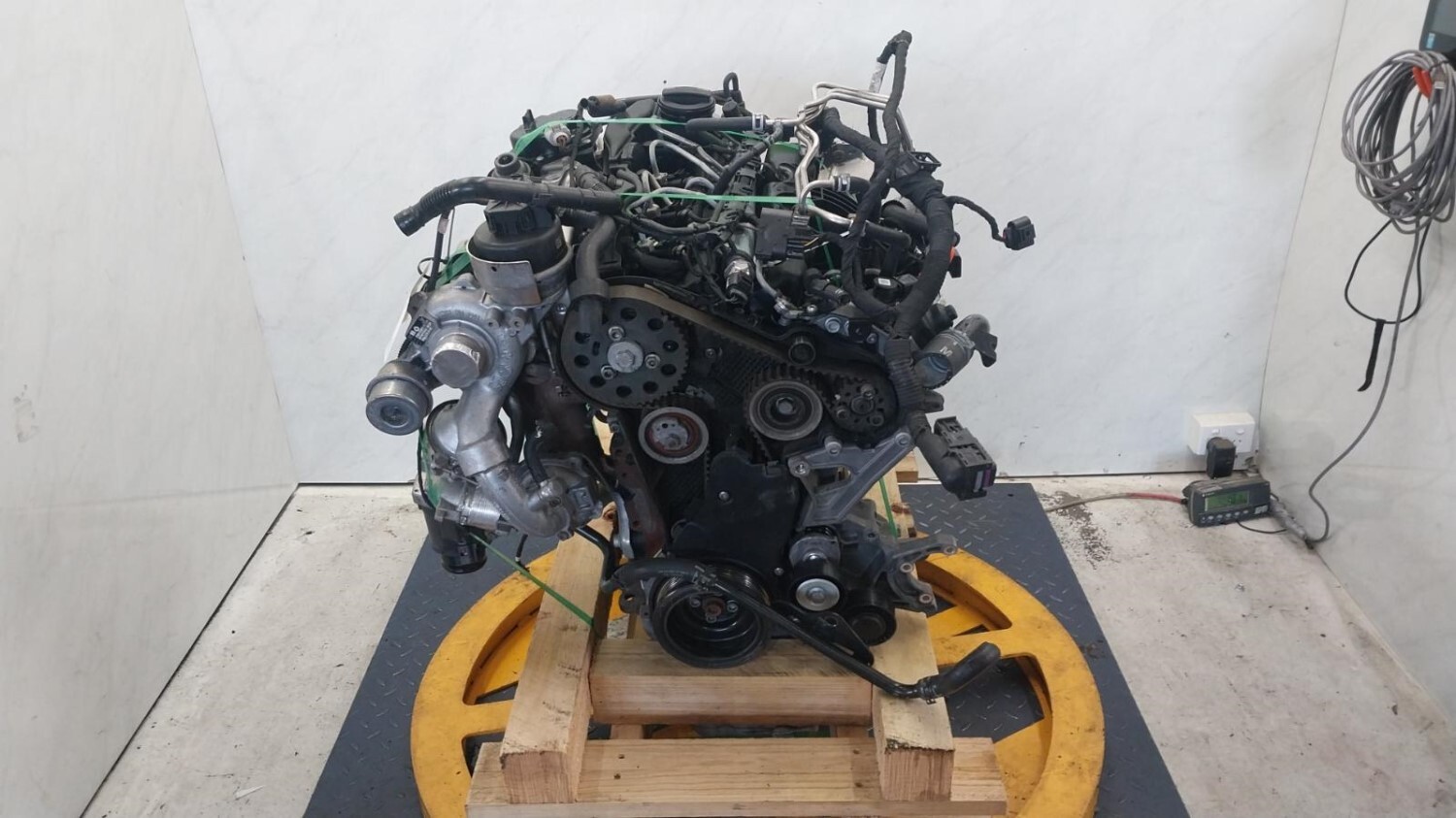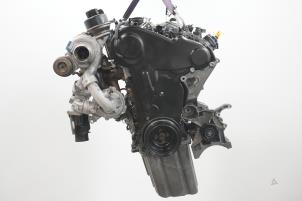Important Factors To Consider and Tips for Choosing the Right Engine for Your Requirements
Choosing the best engine is a multifaceted choice that needs cautious consideration of numerous aspects to make sure optimal efficiency for your certain needs. The details of engine selection extend past these basics, motivating a better evaluation of critical aspects that can ultimately influence your fulfillment and success.
Determine Your Purpose
Establishing your function is an essential first action in selecting the appropriate engine for your requirements. Comprehending the specific application you have in mind will certainly direct your decision-making procedure and make sure that you pick an engine that lines up with your operational demands. Whether you require an engine for an industrial lorry, industrial equipment, or a leisure task, each circumstance demands various performance attributes and capabilities.
Think about the environment in which the engine will certainly run. Will it undergo heavy tons, severe temperatures, or long term use? Analyzing these factors will aid you identify the needed power result, fuel effectiveness, and resilience required to fulfill your purposes.
Additionally, think of the lasting effects of your choice. Budget restrictions, maintenance demands, and accessibility of parts are necessary factors to consider that will certainly affect your total contentment and functional performance.
Ultimately, articulating your function will certainly streamline the choice process and equip you to make an informed decision. By plainly specifying your goals, you can examine prospective engines better and choose one that not just fulfills your existing requirements however likewise supports your future goals.
Evaluate Engine Requirements
As soon as you have actually plainly verbalized your function, the next step is to evaluate engine requirements. This procedure includes a comprehensive evaluation of various technical information that can considerably impact efficiency and viability for your meant use.
Begin by evaluating the engine's horsepower and torque ratings. Horse power is crucial for determining the engine's ability to execute job, while torque is necessary for recognizing exactly how well it can manage heavy loads or acceleration. Additionally, consider the engine variation, as it usually associates with power output and efficiency.
Next, examine the engine typeâEUR" whether it is a gasoline, diesel, or different gas engineâEUR" as each kind has distinctive features and applications. Pay focus to the engine's setup (e.g., inline, V-type), as this can affect dimension, weight, and general performance.
One more vital facet is the engine's air conditioning system, which can influence reliability and maintenance requirements. Examine the manufacturer's online reputation and guarantee offerings, as these can provide insights right into long-term performance and support. Extensively assessing these specs will certainly help make sure that you pick an engine that aligns with your operational goals and particular requirements.
Take Into Consideration Fuel Efficiency
Gas effectiveness is a critical element to consider when selecting an engine, as it directly affects operational expenses and ecological sustainability. An engine's gas effectiveness is normally gauged in miles per gallon (MPG) for lorries or in specific gas consumption (SFC) for aircraft and aquatic engines. Higher gas performance not just reduces the quantity of gas taken in however likewise lessens greenhouse gas discharges, making it an accountable option for eco-conscious consumers.
When assessing engine choices, it is vital to analyze the driving problems and meant use. Engines enhanced for freeway driving may exhibit much better fuel efficiency compared to those made for stop-and-go website traffic. Furthermore, consider the engine's technology, such as turbocharging or hybrid systems, which can considerably improve gas effectiveness.

Assess Upkeep Requirements

Begin by evaluating the supplier's recommended upkeep periods and procedures. Some engines might require even more frequent oil modifications, filter replacements, or specialized servicing, which can influence your operational downtime. Furthermore, consider the accessibility of components and the ease of acquiring them. Engines with prevalent appeal usually have lion's shares availability, minimizing preparations throughout see page repairs.
An additional critical element is the technological knowledge needed for upkeep. Some engines might necessitate specialized training for specialists, which might limit your options for company. Assess whether the engine's design allows for easy access to components frequently needing maintenance, as this can significantly impact labor expenses.
Budget Plan Your Investment
Recognizing upkeep needs is simply one aspect of selecting the best helpful site engine; monetary factors to consider play an equally crucial function (amarok engine for sale). Establishing a clear budget is essential, as it affects not just the preliminary purchase rate yet likewise long-lasting operational prices
When budgeting, think about both the continuous expenses and upfront prices such as gas efficiency, maintenance, and possible fixings. An apparently economical engine might sustain higher costs over time due to bad gas economic situation or constant upkeep requirements. Furthermore, review the schedule and price of extra parts, along with the service warranties offered by suppliers, which can give financial protection against unpredicted expenditures.
It is likewise smart to consider potential financing alternatives or leasing plans, which could reduce instant economic problems. Stabilize your need for innovative attributes with your budget restraints, making certain that you spend in an engine that satisfies your efficiency needs without compromising monetary stability.
Eventually, a well-shaped budget will empower you to make enlightened decisions, aligning your engine selection with both your functional demands and financial abilities, bring about a much more sustainable financial investment in the long run.

Conclusion
In conclusion, picking the suitable engine demands a detailed understanding of details needs and applications. Careful assessment of engine specs, fuel efficiency, and upkeep demands is necessary for informed decision-making. In addition, establishing an extensive budget ensures that both recurring and preliminary costs are convenient. By adhering to these companies, people and factors to consider find can make a lasting financial investment that lines up with their functional goals and performance expectations, eventually improving general effectiveness and efficiency.
Fuel performance is a crucial factor to consider when picking an engine, as it straight affects operational prices and ecological sustainability. An engine's fuel efficiency is commonly gauged in miles per gallon (MPG) for automobiles or in details fuel consumption (SFC) for airplane and aquatic engines. Diesel engines normally supply much better fuel effectiveness than fuel engines. Ultimately, choosing an engine with a solid focus on fuel efficiency can lead to considerable lasting financial savings and add positively to environmental initiatives. Cautious examination of engine requirements, gas effectiveness, and upkeep demands is essential for educated decision-making.